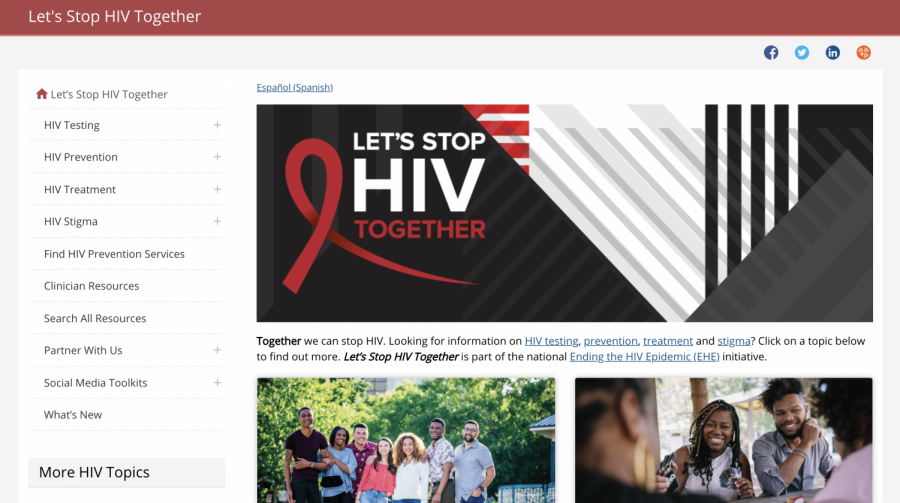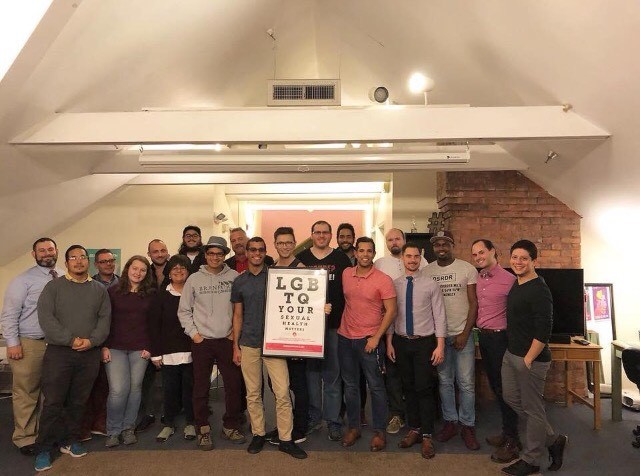From The Associated Press
NEW YORK –
Some of the world’s most prominent technology companies are offering suggestions to publishers on how they can charge readers for news online.
IBM Corp., Microsoft Corp., Oracle Corp. and Google Inc. — a company some newspapers blame for helping dig their financial hole — responded to a request by the Newspaper Association of America for proposals on ways to easily charge for news on the Web.
But building the infrastructure for charging readers is one part of the equation. The other part looks more challenging: getting publishers to make the leap and stop giving news out for free on the Web.
Randy Bennett, the senior vice president of business development at the newspaper association, said his group initiated the process after a meeting of publishers in May near Chicago. A report that was posted online Wednesday by the Nieman Journalism Lab at Harvard University includes 11 different responses from technology companies.
Bennett said the trade group wanted to give newspapers options, and will not recommend one proposal over the others.
Google‘s proposal may be the most eyebrow raising, if only because the company — which aggregates thousands of articles from media outlets on its news pages — is so closely associated with the freewheeling ethos of an open Internet.
“Google believes that an open Web benefits all users and publishers,” the company writes in its proposal. “However, `open’ need not mean free.”
Google proposed offering news organizations a version of its Google Checkout system, which is used for processing online payments. It would give readers a place to sign in to an account and then pay for media from a variety of sources without having to punch in their information over and over. And the company says it could offer publishers several pay methods, from basic subscriptions to so-called “micropayments” on a per-article basis.
Along with the technology heavyweights offering ideas are tiny startups.
CircLabs, run by just four people and incubated at the Missouri School of Journalism, is developing a program that would feed news from different sources into a bar across the top of Web browsers. Martin Langeveld, the company’s executive vice president, said the application will offer both targeted advertising and the option of charging. (Langeveld said the company has seed money from The Associated Press. AP spokesman Paul Colford said the news cooperative does not disclose which ventures it invests in.)
The idea, Langeveld said, isn’t just to squeeze more money out of readers but to build “something that addresses the needs of consumers, publishers and advertisers.”
The number of proposals bodes further competition for Journalism Online, a startup led by Court TV founder Steven Brill and former Wall Street Journal publisher Gordon Crovitz. The company has made a well-publicized effort to sign up newspapers for its own payment system.
Still, having the tools available may not persuade publishers to use them. Publishers are nervous about scaring off readers. Charging for news online may open a new source of revenue for struggling newspapers but also could choke off Internet ad dollars by driving down traffic.
“This was supposed to be the year that newspapers started charging for online content,” said Alan Mutter, a former newspaper editor who works as an industry consultant and blogger and submitted one of the 11 proposals. (Mutter said the AP also has invested in his project). “Based on what I’ve seen, I don’t get any sense that there is unanimity about charging or that they would know how to go about doing it.”








